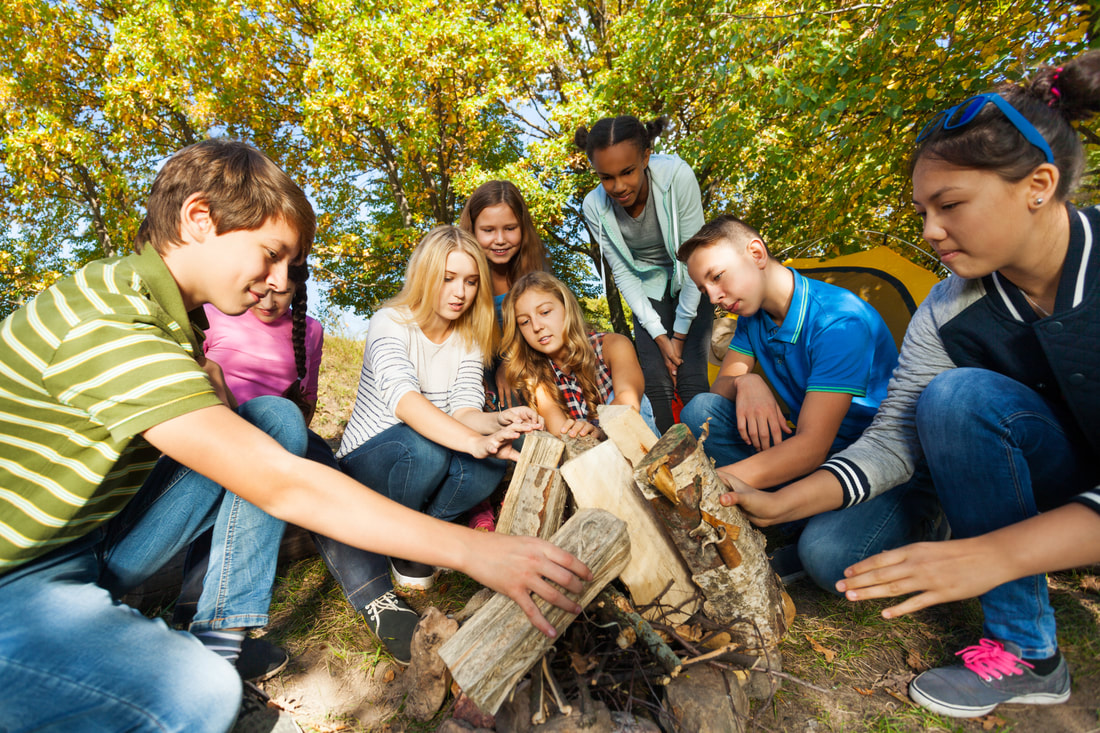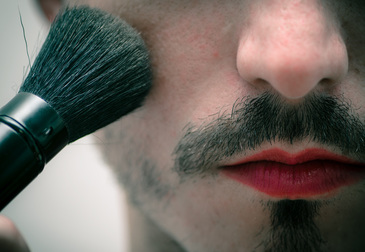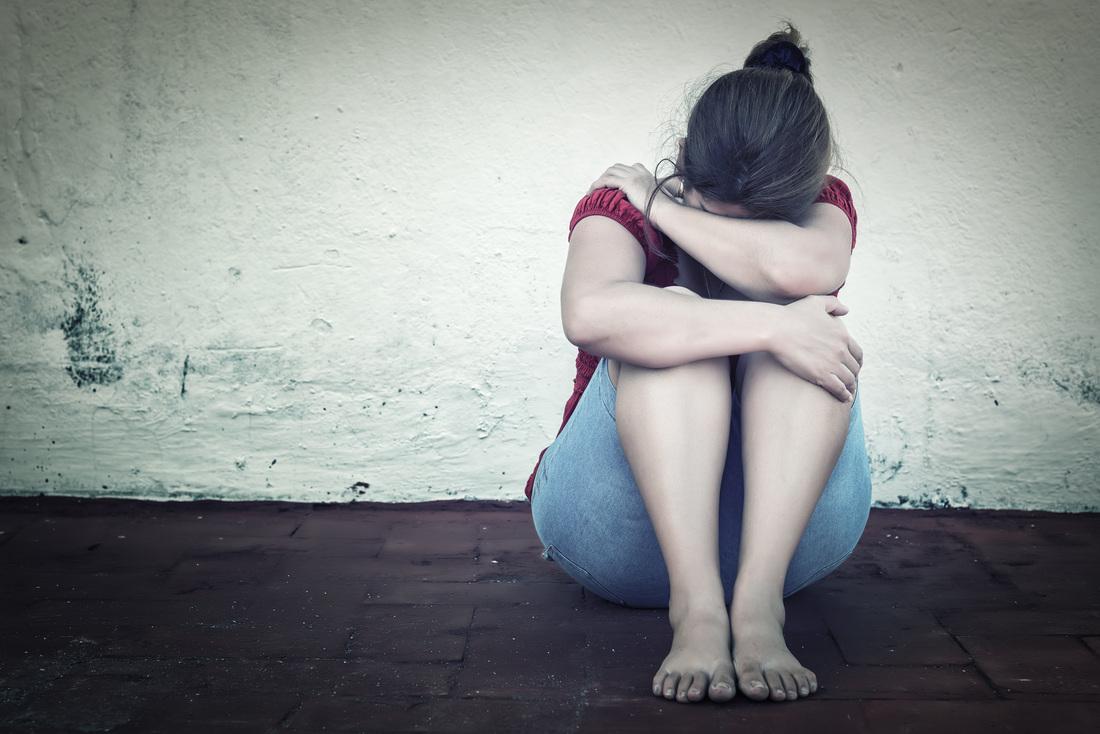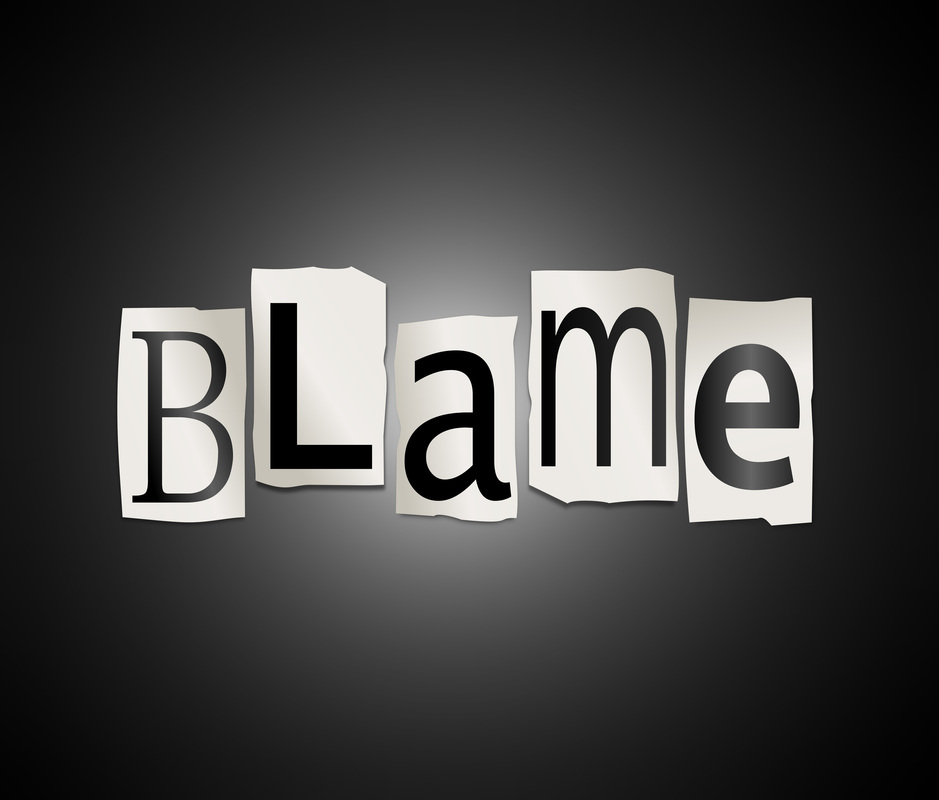|
Copyright: Sergey Novikov/123RF Stock Photo
Summer is here and if you’re like many parents, you have booked summer camps for your kids to attend, so they don’t drive you insane *COUGH*, I mean, so they have a well-balanced summer. Camp can be summed up as new kids + new adults = new social dynamic, so now’s the time to brush up on convos about bodies and boundaries.
I want to start out by saying that the majority of sexual abuse is perpetrated by someone the victim knows well (1), so stranger danger doesn’t quite live up to its reputation. But next up in perpetrator probability are people who your kid knows well but you do not (2). Hence, summer camps! Now, mind you, I’m writing this post as a mom and sex educator, not necessarily as the prevention scientist and professor that I also am because (to my knowledge) there hasn’t been a ton of research on summer camps. But really, summer camp is so fun! I went to them as a kid and send my own kid to them, so I don’t think they are dangerous spaces. But they are spaces for kids to apply their social knowledge and practice their social skills in a new environment. Consider addressing the following:
2 Comments
When Bruce Jenner’s transition became a focus of public attention, it got me thinking about what the attention means for transgender folks, and particularly transgender youth. Having only known a few transgender people myself, but having colleagues who are either trans or dedicated to research that supports the understanding of transgender lives, I decided to get someone to write a guest post on what we should all be doing to support transgender people and particularly transgender youth. Meet Chris Dungee. He is a counselor who speaks at colleges and universities about LGBT issues for faculty and staff development. He also transitioned himself from female to male, so I knew he would be the perfect resource with both professional and personal experience with transgender issues. Here is what he wants us to know:
There is something eerily disturbing about committing crimes, photographing them, and then sharing those photos on a social media site. An investigation into a Penn State fraternity, Kappa Delta Rho, is underway as police allegedly uncovered images of drug deals and nude (some unconscious) women that were posted on the fraternity’s Facebook group page. The entitlement and lack of empathy from these actions should make us all cringe.
It seems clear that the Greek system is a breeding ground for questionable behavior and needs to be reformed. Don’t get me wrong, there are many positive contributions from fraternities that benefit the universities and outlying communities that support them. However, that doesn’t negate the criminal behavior that also occurs more frequently among fraternities: underage drinking, drug use, vandalism, harassment, sexual assault, and now, revenge porn. We know that at least 1 in 5 women have experienced rape by the age of 25 (1), which is a daunting to say the least. So why have we turned and looked the other way after studies reveal that sexual assault is a common occurrence among many fraternities (2, 3, 4)? Are we really just fine with chalking it all up to “boys will be boys”? What is posting nude images of women without their consent about?
There is nothing new, unique, or even creative about Fifty Shades of Grey. It’s just the latest installment of pop culture messages that teach girls and young women that truly hot and irresistible love includes some element of violence and danger.
These messages start when you’re little with Beauty and the Beast. As a girl, you learn to be nice and patient with an abusive partner, and as long as you remain so, he will change his behavior and transform into a Prince. It doesn’t matter that he’s throwing things at you, locking you up in a room, not letting you eat without him, not letting you get to your father…he will change…you just need to tame him. But Beauty and the Beast isn’t real….
Currently, the world is a buzz again over accusations from multiple women who were allegedly sexually assaulted by Bill Cosby. I am not going to go into whether or not you should or shouldn't believe that Bill Cosby is guilty of these crimes. That is not my job. However, part of my job is to educate people on the psychology of experiencing abuse or assault, perpetrating abuse or assault, and the culture in which sustains the cycle of abuse and assault. As a culture, we do not want to go there. But I’m going to (sort of) go there now.
Every time there is a big media story about sexual abuse or assault everyone gets wound up. However, these are not isolated events of violence. These are publicized events of violence. These atrocious acts occur every day to people we probably know. What’s worse, because we are used to huge media outbreaks of sex scandals, we're only aware of events that are publicized. This leads us to perceive this problem as being much smaller than it actually is. |
About this Blog:I'm here to help us discuss sexuality, gender, and media by integrating information from academic and mainstream sources. I hope this resource produces more sexually competent people who raise sexually competent kids. Categories
All
|





